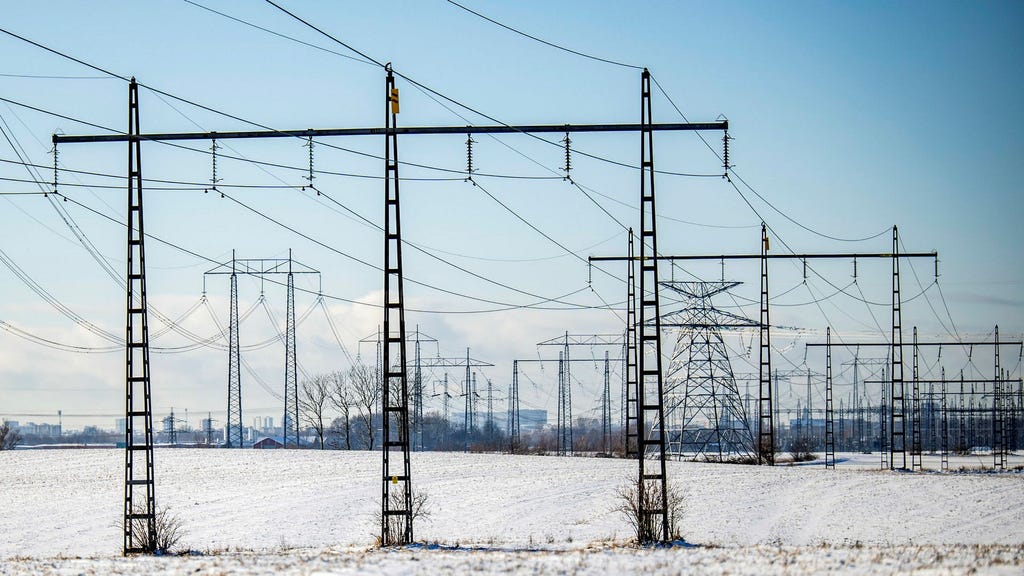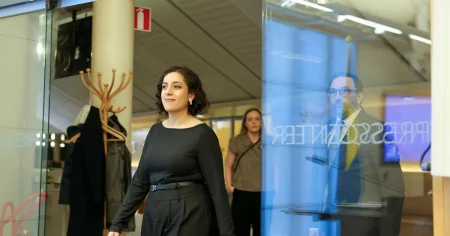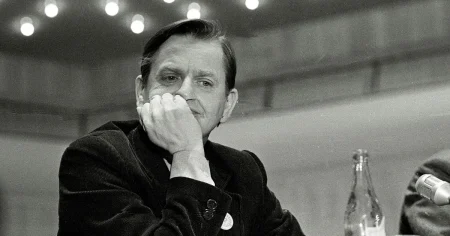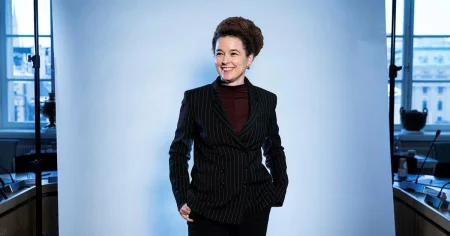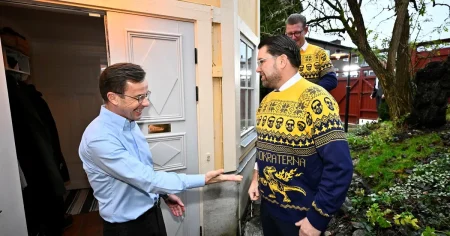The debate surrounding Sweden’s electricity tax and its annual inflation-based adjustment has intensified, with the Center Party spearheading a motion in the Riksdag’s finance committee to abolish the indexing mechanism entirely. This move reignites a previously shelved government proposal to halt the tax increase, a decision that the Center Party criticizes as a missed opportunity to provide relief to consumers. Martin Ådahl, the Center Party’s economic policy spokesperson, argues that preventing the tax hike is a logical first step towards the stated goals of reducing the burden of electricity costs. He points out that the government had the opportunity to implement this measure but chose to withdraw the proposal, questioning the commitment of the ruling coalition and the Sweden Democrats (SD) to actually lower electricity taxes.
The Sweden Democrats, a key partner in the ruling coalition, are engaged in negotiations with the government to either lower the electricity tax or freeze its annual upward adjustment. Oscar Sjöstedt, the SD’s economic policy spokesperson, acknowledges the need for broader parliamentary support to achieve this goal, encouraging other parties to align with their position. This call for collaboration finds resonance with the Christian Democrats (KD) and the Liberals, both of whom advocate for a freeze on the electricity tax and eventual reductions. Cecilia Rönn, the Liberals’ economic policy spokesperson, confirms their consistent pursuit of this objective during budget negotiations. This cross-party alignment highlights the growing pressure on the government to address concerns about rising electricity costs.
The issue has sparked internal disagreements within the governing coalition, with Christian Carlsson, a KD parliamentarian, publicly criticizing the Moderates, the leading party in the government, for not prioritizing a reduction in the electricity tax. This direct attack underscores the tension between the coalition partners regarding the best approach to alleviate the financial strain on households. Ebba Busch, leader of the KD and Minister for Energy, adopts a more nuanced stance, emphasizing the collective nature of the budget process and the need to balance competing priorities. While acknowledging her personal preference for lower taxes, particularly on electricity, she defends the government’s decision to prioritize other forms of financial support for households in the current budget. This internal debate within the ruling coalition reflects the complex political landscape surrounding fiscal policy and the challenges of balancing competing interests.
Busch highlights the government’s focus on alternative tax relief measures, arguing that these provide greater overall benefits for dual-income households, amounting to several thousand kronor in savings this year and next. She contrasts this with the relatively modest impact of a frozen electricity tax, estimated by the government to save an average household only around 300 kronor annually. This comparison aims to justify the government’s current approach and underscore the effectiveness of their chosen tax relief measures. However, the Center Party’s Martin Ådahl counters this argument by emphasizing the cumulative effect of the electricity tax increase on all consumers, which he estimates to be close to a billion kronor in 2025. He stresses that this substantial sum represents a significant burden on households, particularly in southern Sweden, and argues that preventing the tax hike would offer meaningful relief.
Oscar Sjöstedt of the SD expresses support for the substance of the Center Party’s initiative but indicates that his party will not vote in favor of it due to the ongoing budget negotiations. He emphasizes the importance of a holistic approach to the budget process and the need to consider all elements collectively rather than isolating individual issues. This strategic decision reflects the SD’s commitment to the broader budget negotiations within the ruling coalition and their desire to achieve a comprehensive agreement on fiscal policy. Sjöstedt confirms that the Tidö parties (the governing coalition and the SD) are currently engaged in discussions regarding the electricity tax and other budgetary matters for the upcoming year. This ongoing dialogue underscores the fluidity of the situation and the potential for future adjustments to the government’s fiscal plans.
In summary, the debate over Sweden’s electricity tax reveals a complex interplay of political and economic considerations. The Center Party’s push to abolish the annual inflation-based adjustment highlights concerns about the growing burden of electricity costs on households. While the Sweden Democrats, Christian Democrats, and Liberals share this concern and advocate for tax relief, the government, led by the Moderates, defends its current strategy of prioritizing alternative forms of financial support. Internal disagreements within the ruling coalition, coupled with ongoing budget negotiations, further complicate the issue and leave the future of the electricity tax uncertain. The competing arguments about the magnitude of the tax burden and the effectiveness of different relief measures underscore the challenges of balancing fiscal responsibility with the need to address the economic pressures facing Swedish households.





